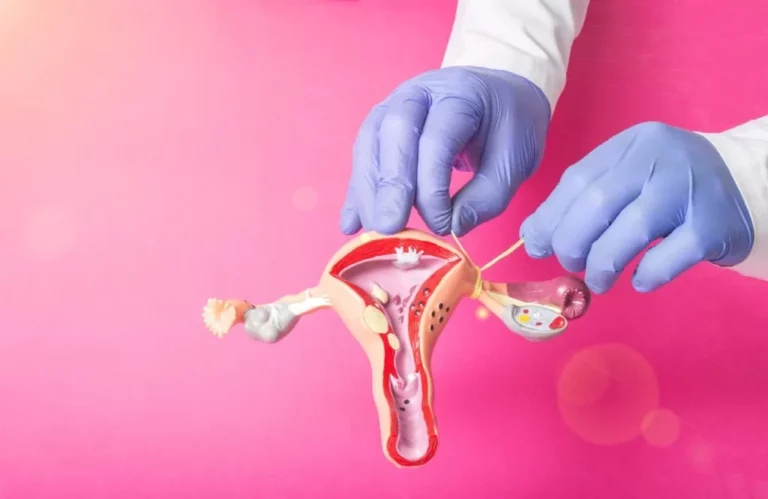
Introduction
Visiting a gynecologist for the first time can be nerve-wracking, especially for young women who don’t know what to expect. Whether you’re going for a routine check-up, dealing with menstrual issues, or starting birth control, it’s completely normal to feel a little anxious. Understanding what happens during the appointment can help ease your worries and prepare you for a positive, empowering experience.
Why You Should See a Gynecologist
Visiting a gynecologist isn’t just about problems—it’s about prevention, education, and reproductive health. Most experts recommend seeing a gynecologist between the ages of 13 and 15, or when a person becomes sexually active.
Reasons for your first visit may include:
- Irregular periods or severe cramps
- Questions about puberty or development
- Sexual activity or birth control needs
- Concerns about vaginal discharge or itching
- Preventative screenings or HPV vaccination
How to Prepare for Your Appointment
You don’t need to do much to get ready, but a few simple tips can help:
- Schedule your visit when you’re not on your period (unless you’re going due to heavy or irregular bleeding).
- Write down any symptoms or questions you have—don’t rely on memory.
- Avoid douching or using vaginal products before your visit.
- Wear comfortable clothes and bring any medical history or a list of current medications.
What Happens During the Visit
1. Medical History Discussion
Your gynecologist will begin by asking questions about your:
- Menstrual cycle (when it started, how regular it is)
- Sexual activity
- Birth control use
- Medical and family history
- Any current symptoms or concerns
Be honest—even if it’s uncomfortable. Doctors are there to help, not judge.
2. General Physical Exam (Sometimes Optional)
Depending on your age and symptoms, a general physical exam may be performed, including:
- Height and weight check
- Blood pressure
- Breast exam (for lumps or abnormalities)
3. Pelvic Exam (Not Always Required)
If you’re under 21 and not sexually active, you may not need a pelvic exam unless there are symptoms like pain, unusual discharge, or irregular bleeding.
If a pelvic exam is done, it usually involves:
- External exam: Visual inspection of the vulva.
- Speculum exam: A speculum is inserted into the vagina to view the cervix.
- Pap smear (if you’re 21 or older): A sample is taken from your cervix to screen for abnormal cells.
- Bimanual exam: The doctor inserts one or two gloved fingers inside the vagina while pressing on your abdomen to check your uterus and ovaries.
4. STD Testing (If Needed)
If you’re sexually active, your doctor may recommend testing for sexually transmitted infections (STIs), even if you don’t have symptoms. This can be done through:
- Urine sample
- Swab test
- Blood sample
5. Discussion and Counseling
After the exam, your doctor will:
- Go over any findings
- Answer your questions about periods, sex, birth control, or body changes
- Offer advice on vaginal hygiene, safe sex, or HPV vaccination
How Long Does the Visit Take?
The average first visit lasts about 30 to 60 minutes, depending on what’s done and how many questions you have.
What If You Feel Embarrassed or Nervous?
It’s totally normal. Here’s how to handle it:
- Bring a friend or parent if you feel more comfortable.
- Tell the doctor you’re nervous—they’ll walk you through everything.
- Ask for a female gynecologist if that helps you feel more at ease.
Remember: gynecologists have seen and heard it all. Their job is to make sure you’re healthy and comfortable.
Your Rights as a Patient
You have the right to:
- Ask questions freely
- Understand every part of the exam
- Stop the exam at any time
- Request a chaperone or privacy
Conclusion
Your first gynecologist visit is a big step in taking charge of your reproductive health. While it may seem intimidating, it’s usually quick, mostly conversational, and an important part of staying healthy. The more you know going in, the more empowered and confident you’ll feel.
FAQs
1. Do I have to get a pelvic exam on my first visit?
Not necessarily. Unless you’re 21 or experiencing symptoms, your doctor may skip it.
2. Can I go alone or should a parent come?
You can go alone, but it’s okay to bring a parent or friend for support.
3. Will it hurt?
Most of the exam is painless. Some parts may feel a little uncomfortable, but never painful.
4. Is everything I say confidential?
Yes, especially if you’re over 18. If you’re a teen, laws vary by region, but doctors often keep things private.
5. What if I get my period on the day of my appointment?
It depends on the reason for the visit. Call the office—they may still want you to come in.





